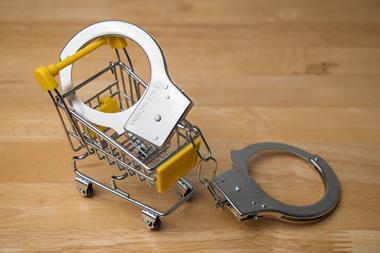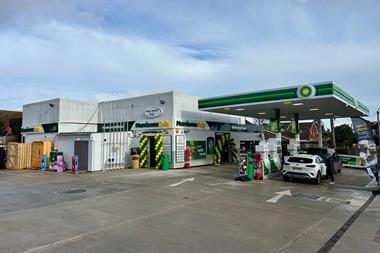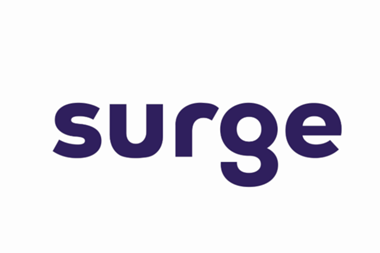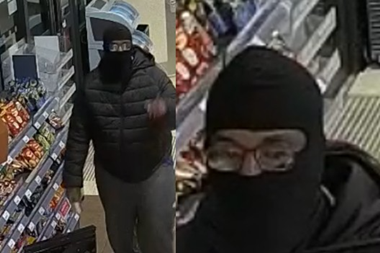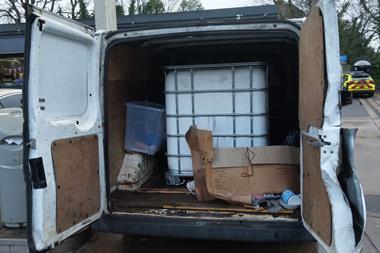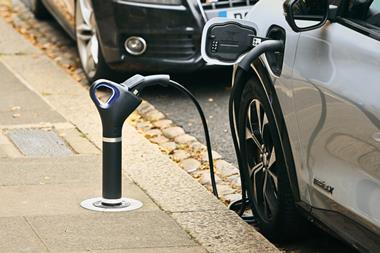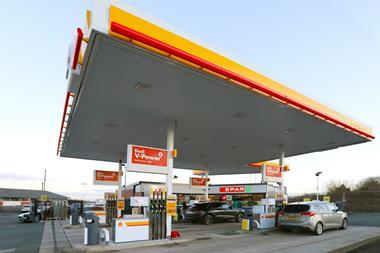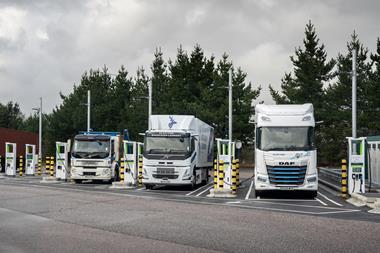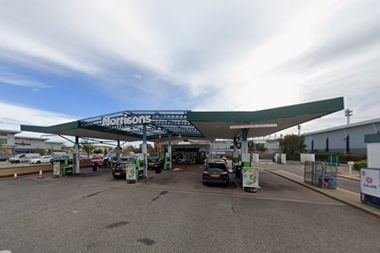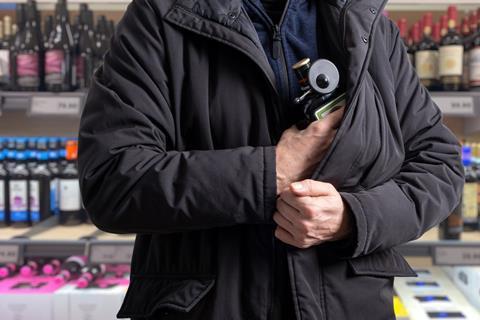
Operators of convenience stores – on forecourts and standalone – are facing a surge in crime, with 6.2 million incidents of theft at their sites in the past year.
That represents a 10.7% increase on the previous 12 months, when 5.6 million incidents were recorded.
The data comes from the Association of Convenience Stores (ACS), which reports that retail theft and the cost of tackling it effectively adds 10 pence to every transaction shoppers make. Theft cost shopkeepers £316m over the last year, while retailers are said to have spent £265m on prevention and detection measures.
The ACS’s 2025 crime report has also found that shopkeepers were victims of 59,000 violent incidents over the same period, with 87% of staff being subject to verbal abuse, and 1.2m incidents over the last year.
Drug and alcohol addiction is the most common motivator for repeat offending, according to the ACS, with opportunism next, and organised crime being the third key factor. Alcohol, meat and confectionery items were the most commonly stolen items, respectively.
Businesses have been upping their security measures in response to the crime wave, with CCTV, additional training, body-worn cameras and perspex screens commonly being deployed.
Retailers are said not to report the majority of incidents to police, though, with just under 500,000 thefts being officially recorded, against an estimated 6.2m incidents. It is thought a perceived lack of interest from law enforcement and a lack of confidence in follow-ups, combined with reporting being a time-consuming process, are behind the disparity.
Tom Buckley, a director at TAP Retail, has been working on tackling “persistent issues of theft and staff abuse” some time, but that despite reporting incidents diligently to the police, he has found officers often do not respond proactively. “Recently, we encountered a distressing situation where motorbikes circled our forecourt, attempting to intimidate our staff. Despite multiple calls to 999, no officers attended, and we were only offered a telephone interview the following day.”
Tom adds that while he appreciates new initiatives to tackle crime, his “hope for meaningful change remains dim as long as police forces are under-resourced and underfunded”, adding that he is “relying more on technology and security guards to deter crime at our sites, which comes at a significant cost”.
Johnny Srikrishna, a director as SJS Group, which runs six forecourts, says theft is “flagrant”, particularly with energy drinks, which has forced him to alter how his sites display these. “We’ve had to move them closer to the till points. It’s not an ideal customer experience, but we have to do something.”
He adds: “Theft of certain items has gone up a lot. People are stealing everyday things like ready meals, little but often.”
Srikrishna seys that one staff member was punched in the face when confronting a shoplifter, and that while his firm has good CCTV cameras and ANPR technology across its sites, the next step would be to look into facial-recognition services, though he adds this brings “big overheads”.
This year’s Crime and Policing Bill, which is working its way through parliament and is supported by the ACS, may bring improvements for retailers, with a scrapping of the £200 threshold under which shoplifting incidents will be investigated one of the Bill’s key aspects. The Bill will also introduce a specific offence of assaulting a shopworker.
The ACS’ chief executive, James Lowman, said the organisation’s report “makes for shocking reading” but that it would come as “little surprise” for retailers. He added that criminals are targeting shops “without fear of reproach”, and this “cannot be allowed to continue”. Expressing support for the forthcoming Bill, Lowman said: “This must be the moment we commit to ending the retail crime crisis, through government, police and retailers working together.”





















